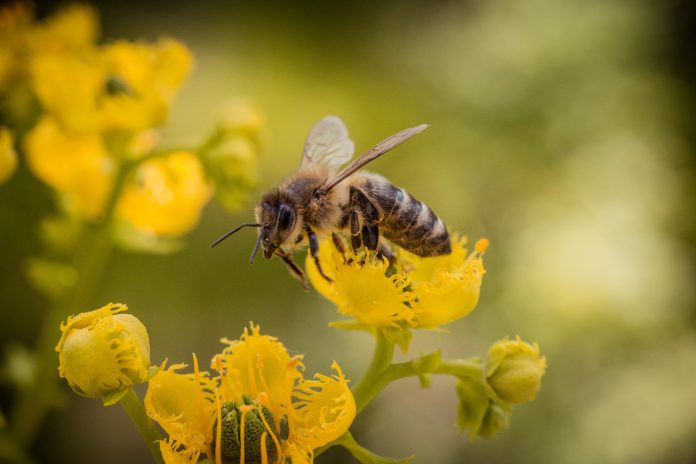Despite the global bee colony being greatly impacted by bushfires, and then the pandemic, news is still looking rather sweet for honey from the nectar of the Manuka tree.
Manuka Honey sales are slated to increase from $961 million per annum in 2019 to $1,557 billion 2028, according to the Global Manuka Honey Market Report (April 2021).
Marking World Bee Day, Comvita Head Beekeeper, Carlos Zevallos says the opening of Comvita’s Queen Bee breeding unit in 2020, focuses on producing a strain of queens with both varroa resistance and hybrid vigour.
Hive success is often attributed to queen strength, therefore the selection of these traits during the rearing process remains crucial.
Beekeeper and resident Bee Educator at Comvita, Noelani Waters shares that declining bee populations gravely affects all of us, as honey bees are critical pollinators for more than 1/3 of all the food we consume. Without bees to pollinate our fruit, nut, vegetable, and seed crops, we are left with a diet void of nutrition and colour, as well as an ecosystem in peril.
Rich compounds found in Manuka Honey have provided nourishment for generations of families and relief for thousands who have suffered burns.
Its benefits is proof that societies need to take notice of the dire state of bee populations, brought on by urbanisation, fires, pesticides, pests and climate change.
“I love working with such incredible and critically important creatures as honeybees,” Ms Waters adds.
“They provide endless fascination and opportunities for learning no matter how many years you practice beekeeping.
“My work perfectly combines the art of farming and applied science.”







